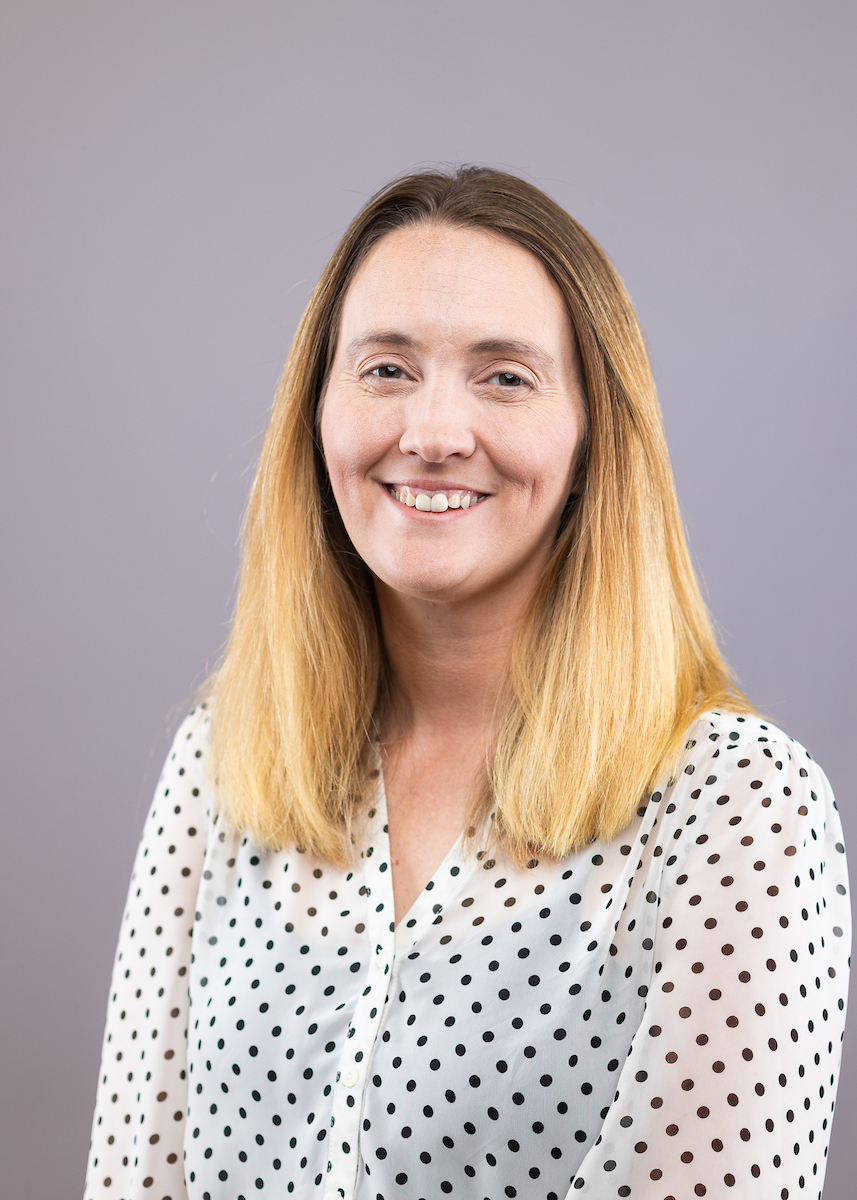Linguistics Colloquium Series
Catalysts for change: A view from 20th century North American English
For this talk, we examine a few sound changes in contemporary North American English via analyses of production, perception, and attitudinal data. I find that a number of regional features are undergoing reversal or change towards a standardized variety. These shifts are discussed against the backdrop of 20th century North American social changes which are were driven by patterns of migration, economic and other cultural changes. These findings echo Weinreich, Labov, and Herzog (1968) who argue that “the forces active in qualitatively new changes include social factors, and any effort to account for the initiation of change by purely internal arguments will fail to a significant degree”.
https://linguistics.indiana.edu/about/faculty/nesbitt-williams-monica.h…

